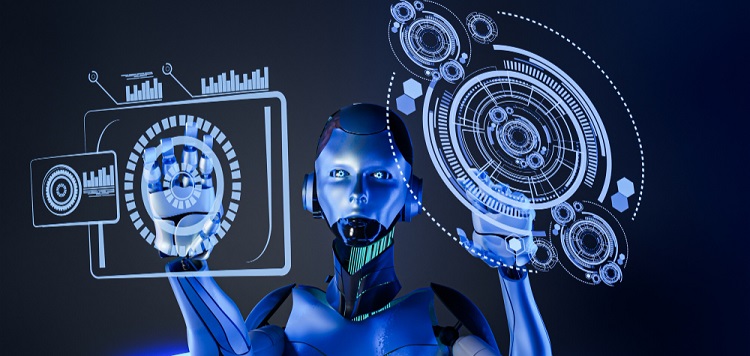Generative AI is a subset of artificial intelligence that involves creating something novel based on existing data. The technology uses deep learning techniques to generate images, music, text, and more, without explicit programming. This has the potential to revolutionize many industries, especially the creative ones. The importance of Generative AI in transforming the digital landscape is increasingly being recognized. With the help of Generative AI, businesses can create and develop new ideas, products, and services. This article examines the capabilities and potential of Generative AI, its impact on creative industries, and the ethical concerns that come with it.
Capabilities of Generative AI
Generative AI is capable of producing outputs that were not explicitly programmed. It allows for the creation of photos, music, and text that are new and unique. This technology uses complex algorithms to understand and replicate the patterns and structures of the existing data. Some of the applications of Generative AI include:
1. Natural Language Processing (NLP) – NLP uses Generative AI to generate human-like responses to user queries. This technology is being used by customer service departments to provide efficient and accurate responses to customers.
2. Image and Video Processing – Generative AI can produce incredibly realistic images and videos with minimal human intervention. This technology is widely used in photography and video production.
3. Music Generation – Generative AI can learn and replicate different styles and genres of music. The technology can be used to create music for films and video games.
The Potential of Generative AI in Creative Industries
Generative AI has immense potential in creative industries. It can help artists, musicians, and writers create new and unique works of art, music, and literature, which can increase their creative output and profitability. Here are some ways Generative AI can help the creative industry:
– AI-generated music and sound can help musicians create and remix compositions, and even synthesize new instruments.
– AI-generated art can inspire new artistic styles, and help artists create new visual designs.
– AI-generated text can help writers with writer’s block, or generate new content for blogs, social media, or even books.
– AI-generated characters and storylines can help creative professionals develop new narratives for movies, TV shows, and video games.
The development of generative AI
The future is exciting for Generative AI technology. Augmented and virtual reality experiences can be made more engaging and realistic by employing Generative AI. In the film and gaming industries, Generative AI is used to create realistic images and videos. The technology is being used to create virtual actors and landscapes that match real-world precision. There are possibilities of creating interactive games that adapt to the players’ behavior and preferences. The pace of development is rapid, and as the technology continues to improve, we can only begin to imagine what will be possible.
Ethical concerns with generative AI
Although the potential of technology is enormous, there are ethical concerns associated with Generative AI. For example, it is important to consider the implications of using technology to generate personal data, such as imagery or music, without the explicit consent of the individuals involved. There is also a risk of using the technology to spread disinformation and propaganda. To address these concerns, it is necessary to ensure that Generative AI technology is used responsibly and ethically by businesses, governments, and individuals.
Generative AI is an innovative and exciting technology that promises to revolutionize the way we create and produce. Its applications are broad and can be used in various industries, especially in the creative industries. The future of Generative AI looks bright since it has the potential to generate new and unimaginable ideas. It’s important to use Generative AI responsibly and ethically to minimize the potential negative consequences that may be associated with its use. In summary, Generative AI technology is here to stay and will transform the way we perceive and interact with the world.

